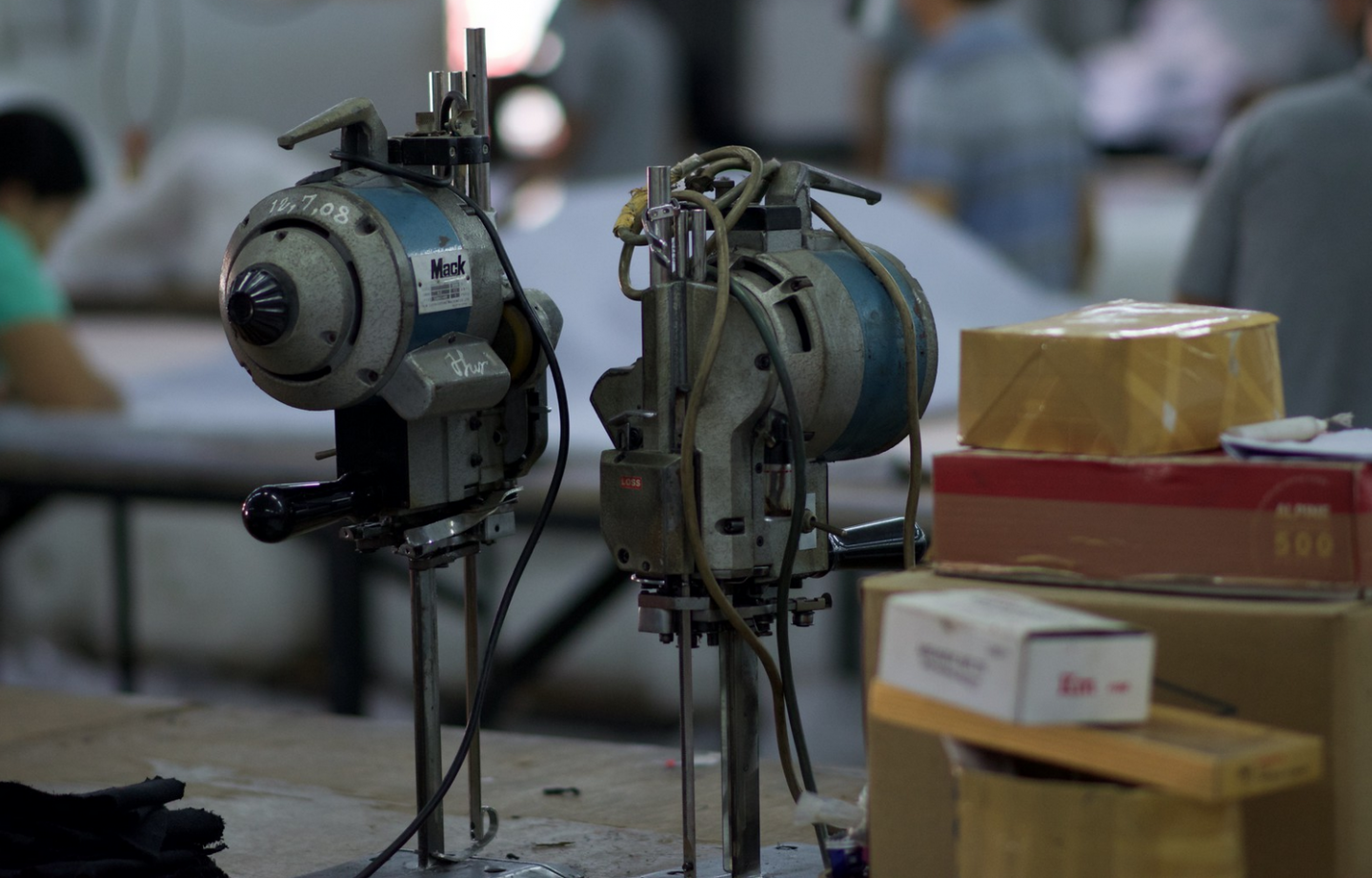18 February, 2020IndustriALL Global Union and several of its affiliates ensured that workers’ rights were central at the OECD Forum on Due Diligence in the Textile and Footwear Sector on 11–13 February in Paris, France. The Forum convenes over 500 representatives from government, business, trade unions and civil society to discuss key issues and risks related to due diligence in the global garment and footwear supply chain.
Trade union representatives from key production countries, like Bangladesh, Morocco, Myanmar, and Vietnam, attended the forum and highlighted their involvement in the due diligence process by speaking on several panels.
Khaing Zar, president of IWFM, an IndustriALL affiliate in Myanmar, represented labour in a session focusing on human rights and due diligence for companies operating in Myanmar. Khaing Zar explained how the newly negotiated freedom of association guidelines with ACT brand suppliers have developed a common understanding on freedom of association and its practical implications.
Amirul Haque Amin, president Bangladeshi affiliate NGWF, spoke on a panel regarding the newly established RGM sustainability Council in Bangladesh, which is to replace the Bangladesh Accord this year. Amirul Haque Amin focused on how the role of the trade unions in the governance structure will carry forward the significant accomplishments made on workplace safety in Bangladesh since the creation of the Accord in 2013.
“The forum provides us with the opportunity to underline the importance of worker representation along the supply chain,”
says Christina Hajagos-Clausen, IndustriALL’s textile and garment director.
A member of the advisory board, IndustriALL has actively contributed to the process in developing the OECD Due Diligence Guidance for Responsible Supply Chains in the Garment and Footwear Sector.


